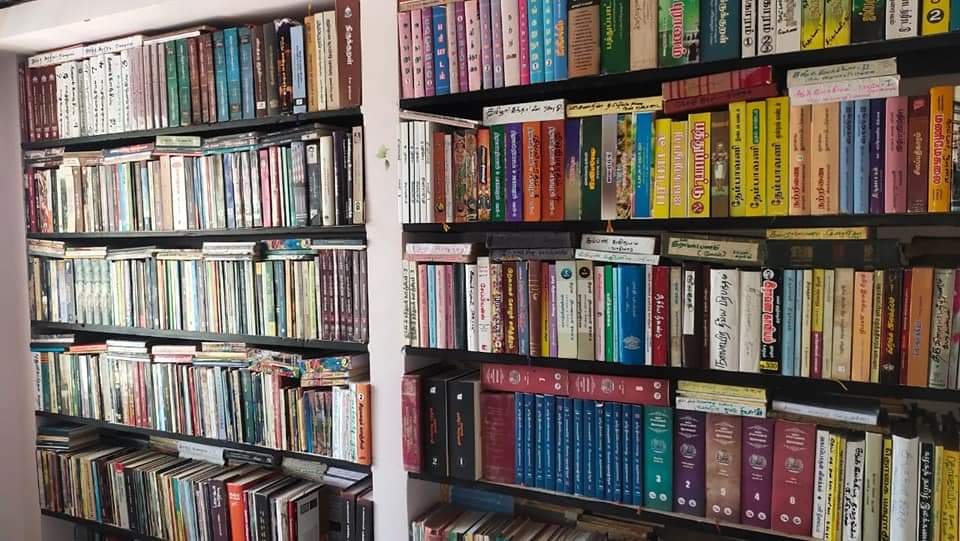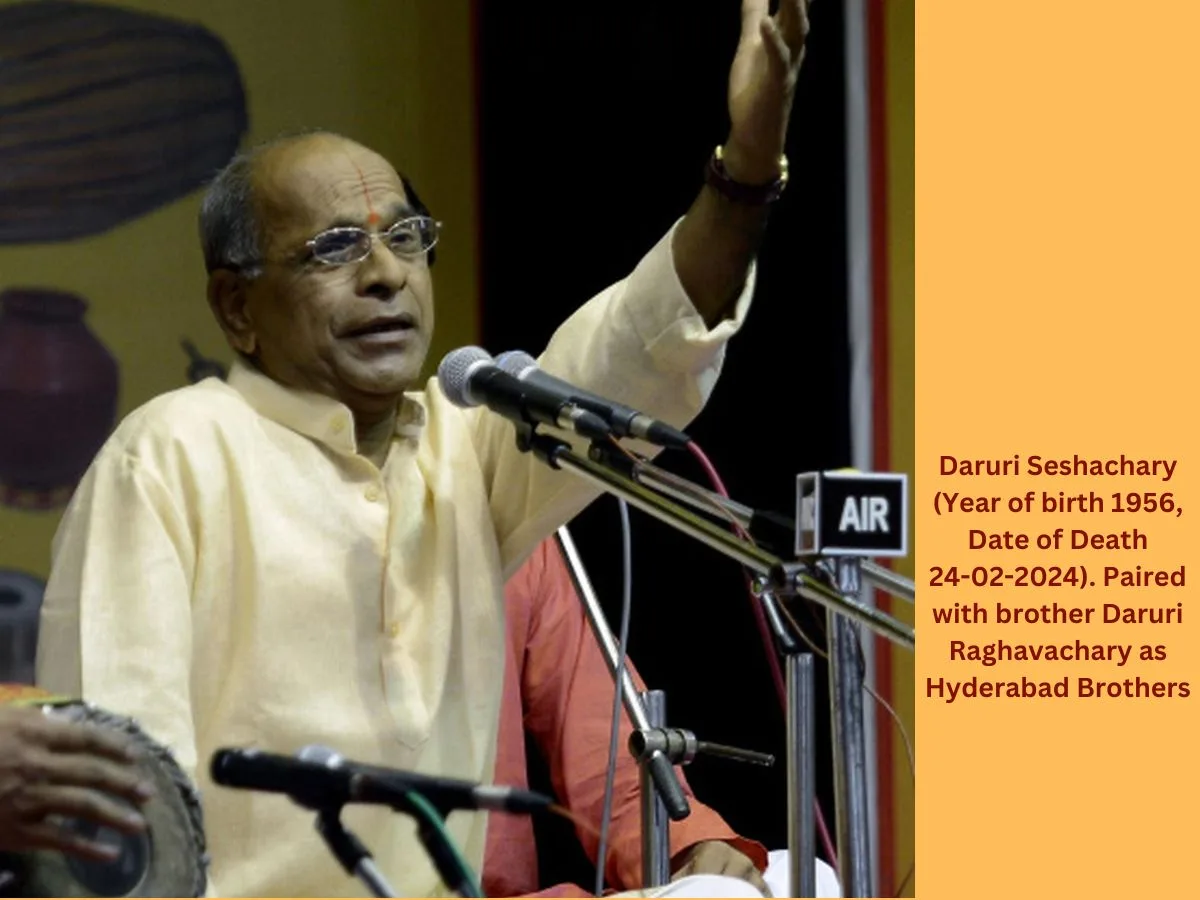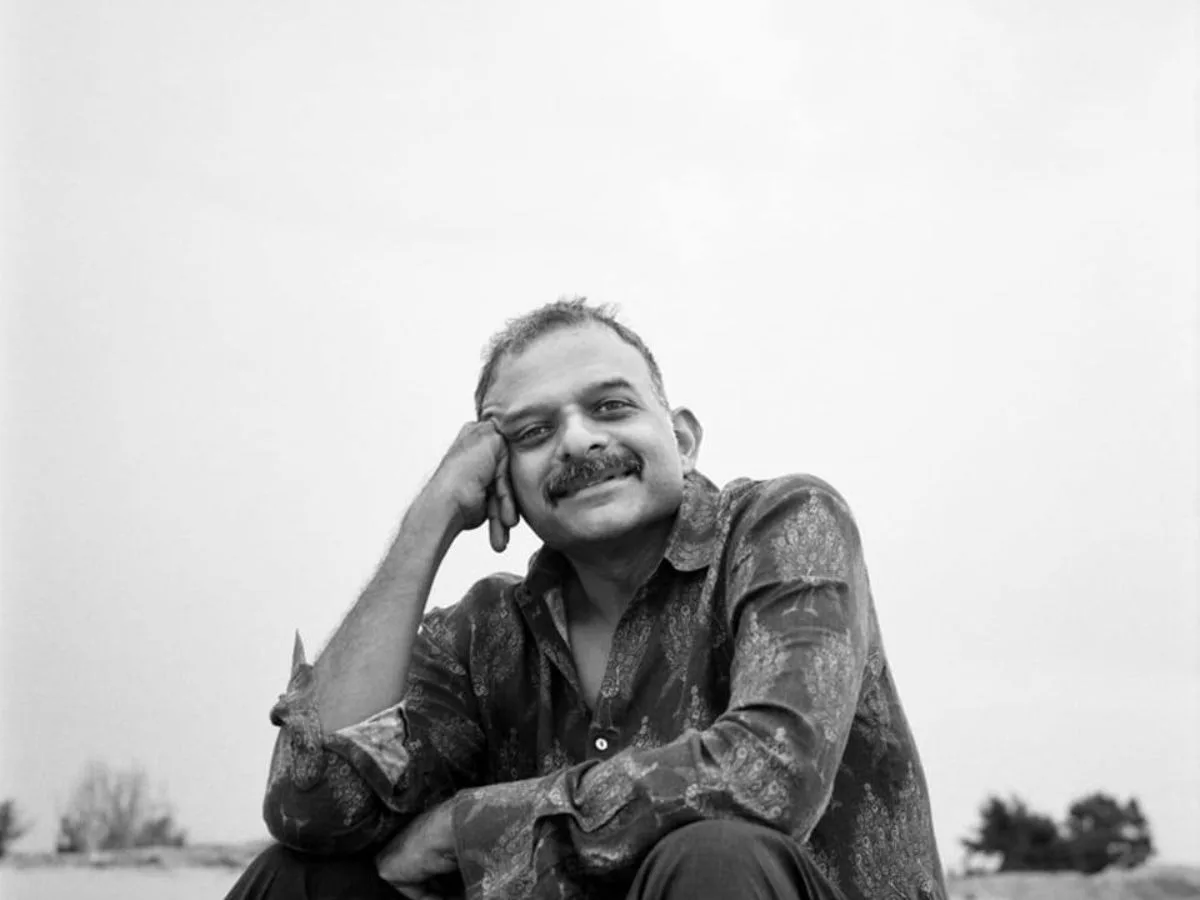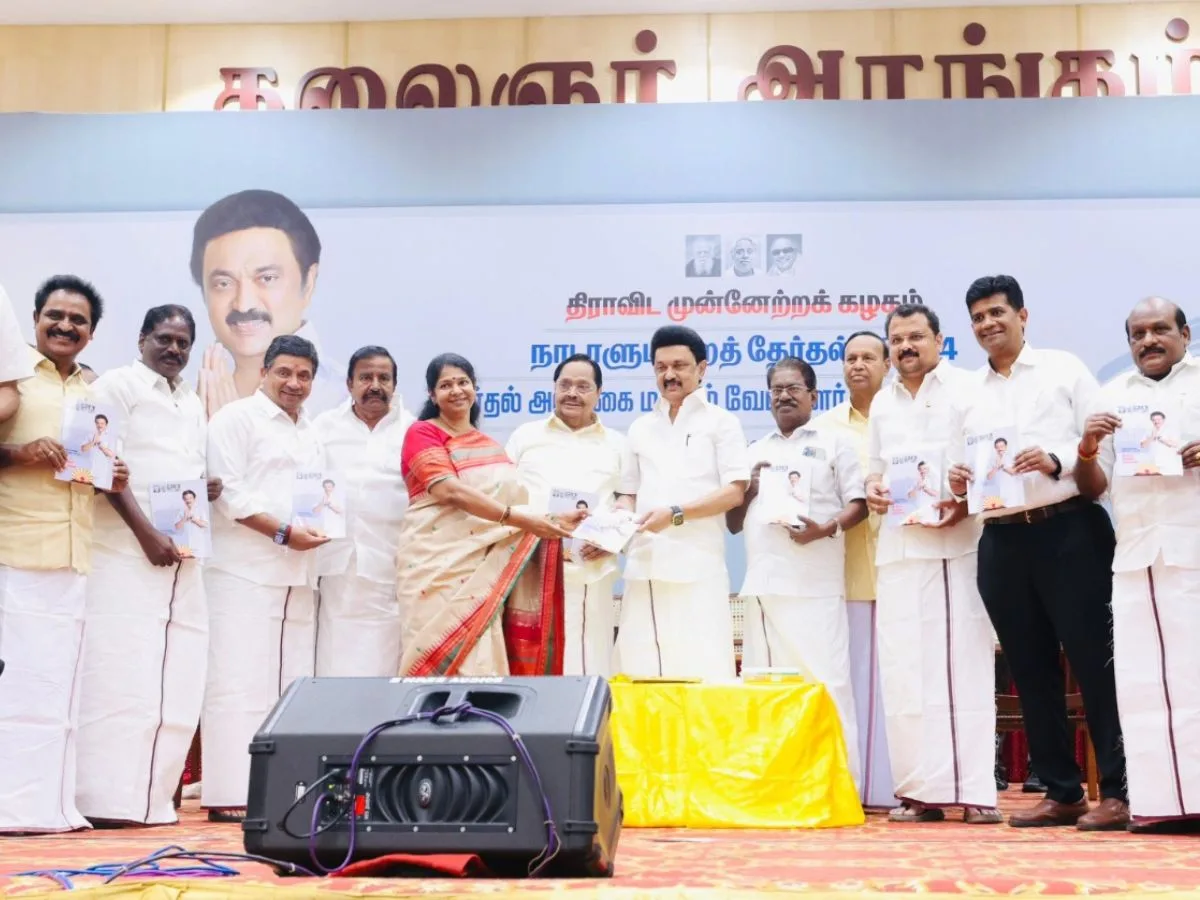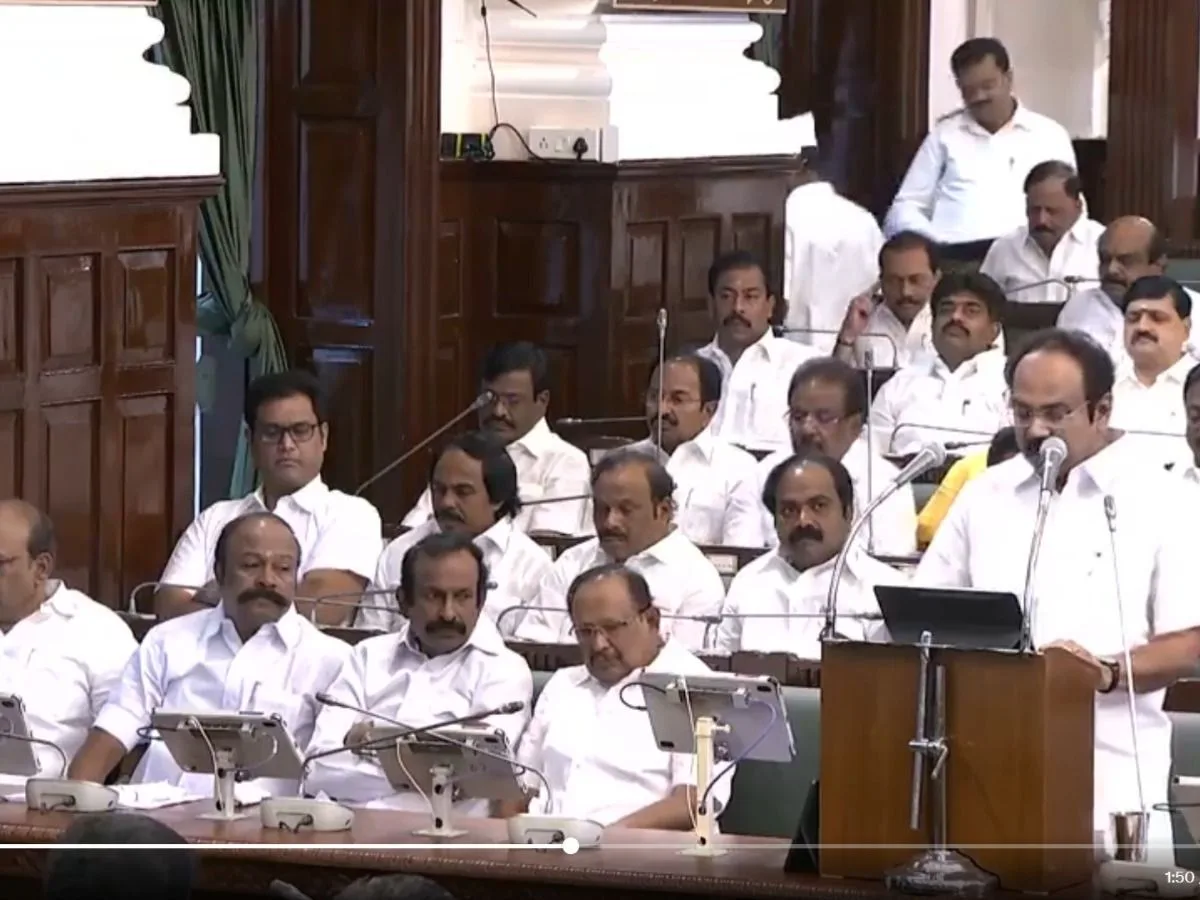Read in : தமிழ்
A library is a public facility or a private utility – a storehouse of information. It is a portal to the world of knowledge. Tens and thousands of people, who cannot afford to buy expensive books or who are on the trail of research literature for their professional needs, swarm libraries.
The importance and value of libraries can hardly be better expressed than the belief of dictators that before vanquishing a country or a race, it’s essential to ensure destruction of libraries. History bears testimony to the burning of libraries.
From the dilapidated racks stuffed with mostly moth-eaten books, a library has come a long way now, sporting a makeover, thanks to the advent of computer and internet technologies. Nowadays it is an in-thing for a library to make the most of other media while retaining the conventionally printed books. Keeping up with the times, libraries are also home to microfilms, microfiches, compact discs, videos of films and digital paintings with tech-savvy personnel catering to the modern digitally conscious readers studiously. Library occupies a pivotal niche in a civilization with a history spanning thousands of years.
The origin of the library dates back to the ancient times when information was stored on clayed plates in Mesopotamia, which were heated in fire. Such plates were pigeonholed according to the subject and the manuscripts stocked and preserved in temples and palaces. After the Egyptians started writing on leaves extracted from papyrus trees, a treasure containing papyrus manuscripts circular in shape was set up in Alexandria around 300 BCE. This can be construed as the forerunner to the modern library.
The importance and value of libraries can hardly be better expressed than the belief of dictators that before vanquishing a country or a race, it’s essential to ensure destruction of libraries.
There are historical records saying that Roman emperor Julius Caesar set up public libraries with the help of the well-to-do people. It is said that around 4th century BCE there were 28 public libraries in Rome.
Later, in Europe it was in French universities that libraries were established. Botli Library, set up in 1400 EC by the Oxford University in England is regarded as the largest library in the world. A law on public libraries was passed in England Parliament in 1850 and libraries started proliferating.
India boasts innumerable libraries established by governments, trusts and private entities. However, those set up by individuals and developed with their tireless efforts have not lagged behind.
 The Roja Muthiya Library and the one developed by Prof. Arasu in Chennai, Gnanalya in Pudukottai and the library of documents floated at Oorapakkam near Chennai by journalist Bhoopathi have been doing a great service, quenching the thirst of knowledge-seekers and fulfilling the needs of researchers. Moreover, individual libraries set up in villages speak volumes about the selfless service of individuals, functioning as hubs of knowledge and maintaining quality in preserving books and cataloguing them.
The Roja Muthiya Library and the one developed by Prof. Arasu in Chennai, Gnanalya in Pudukottai and the library of documents floated at Oorapakkam near Chennai by journalist Bhoopathi have been doing a great service, quenching the thirst of knowledge-seekers and fulfilling the needs of researchers. Moreover, individual libraries set up in villages speak volumes about the selfless service of individuals, functioning as hubs of knowledge and maintaining quality in preserving books and cataloguing them.
One such library is located at Karuppampulam near Vedaranyam in Nagapattinam district. It was formed by Balaji working in a government school as a Tamil teacher. Housing over 15,000 books, it is well known for having in its possession over 500 editions of Tirukkural and also several Tamil books which have long gone out of edition. Worth noting is the fact that this library has got in its collection Tamil books published in Russia. To the great comfort and delight of Tamil researchers, all editions of Bharathi’s works, Kambaramayanam, Silappathikarm etc. are available here. Also collected are modern knowledge treasures and multilingual works.
It’s really jaw-dropping to witness the library with all these collections being maintained on the first floor of the owner’s house in a hygienic and healthy environment. References books are allowed to be taken home by serious readers as well as researchers with professional compulsions. That’s not about all. Balaji, the founder of the library, conducts regular workshops on reading and ensures that now and then popular writers and scholars deliver lectures. All these initiatives are intended to cultivate the reading habit among youngsters, he said.
India boasts innumerable libraries established by governments, trusts and private entities. However, those set up by individuals and developed with their tireless efforts have not lagged behind.
Recalling his youth, Balaji said that initially he started reading comic books, then switched to serious books which he collected and at one point donated to libraries. However, he began to collect and preserve books seriously with an intention of reading and re-reading. Over time he found himself in possession of a large pile of books which spurred him to set up a library on the first floor in his house. The library expanded with his going out of his way to collect books from every nook and corner of the State.
Now that the digital age has come to stay with all its comforts, quite undreamt of during the previous generation, it is easy to collect old books from vendors through WhatsApp, paying through channels like GPay, he said, face radiating the spirit of a crusader. Chest puffed with pride at the swelling users, Balaji said that interested donors of books and users could contact him through phone No: 9788518219.
It is only the regional and rural initiatives of this kind which will play a pivotal role in propagating knowledge and turning libraries into temples of knowledge.
Read in : தமிழ்
